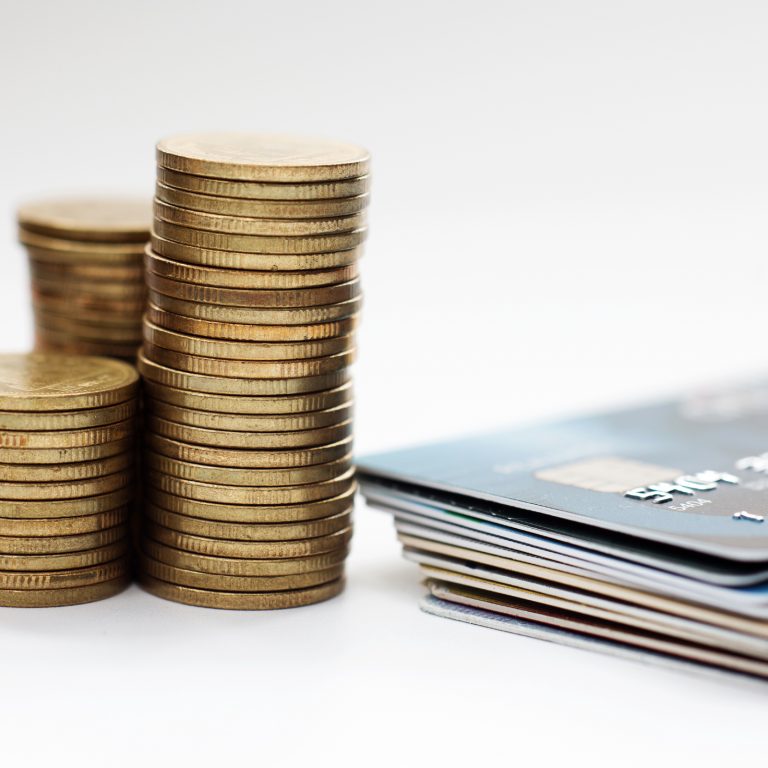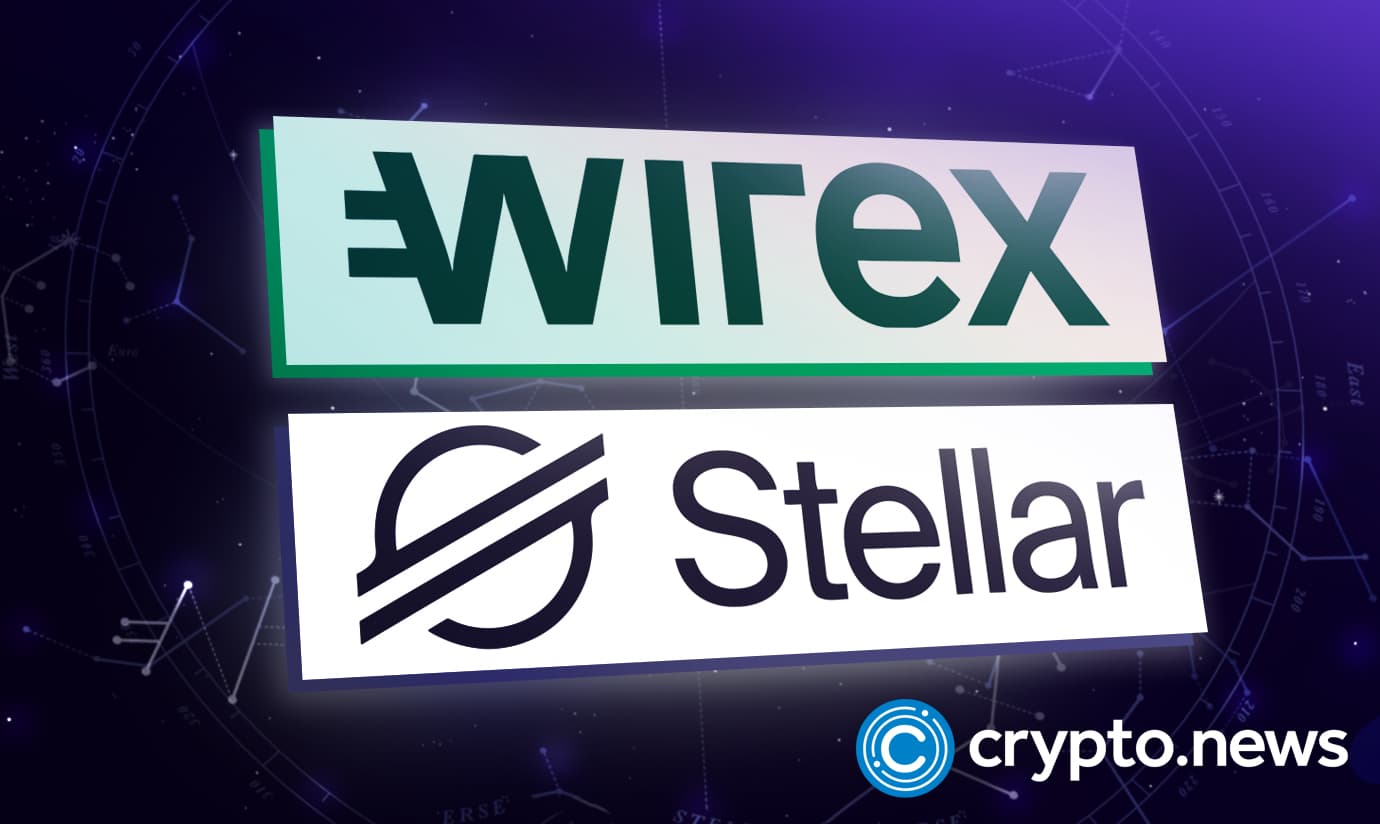
2018-8-1 08:05 |
Recently, we covered some of the most popular debit cards used for crypto payments and we’d like to tell you more about the cryptocurrencies they support. Most of these cards are issued by well-known names in the space, but a new project is now offering you fast and cheap transactions with BCH – a feature that makes the use of crypto cards much more attractive.
Also read: Bitcoin (Almost) Everywhere: Bitcoin Debit Cards Worth Checking Out
Fuzex Chooses BCH as Base CurrencyLet’s start with the news in the sector: Fuzex, a global cryptocurrency payment card project, has just announced it’s adding bitcoin cash (BCH) to its card. The decision comes after evaluating the strong features of the BCH network: fast transaction speeds and low fees. Fast, cheap and reliable payments is exactly what makes Bitcoin Cash popular with online merchants and payment processors. The Fuzex team is introducing BCH after signing a partnership agreement with Bitcoin.com. Bitcoin cash (BCH) is replacing bitcoin core (BTC) as the base currency on the Fuzex platform. The company explained:
By aiming to boost the applicability of cryptocurrencies in real transactions, BCH was naturally selected to be among the first cryptocurrencies supported on the Fuzex card. The fairly low BCH’s average withdrawal fee, combined with the fact that the cryptocurrency is currently one of the major coins, convinced us to support BCH and to replace BTC with BCH as a default cryptocurrency in the Fuzex card.
Fuzex notes that BCH addresses two major issues that can have a negative impact on Fuzex cardholders: high transaction fees and slow transfer times. “Given that, the team has considered that BCH would be a more appropriate default coin for Fuzex card at launch,” the company added.
The new card will also support the Fuzex token (FXT) and ethereum (ETH). FXT is the platform’s own token around which the payment ecosystem will be structured. It will offer users a new and convenient payment channel with low fees. It comes with increased daily usage limits and reduced ATM withdrawal fees. The third supported crypto, ethereum (ETH), has been chosen as it is one of the most frequently used cryptocurrencies that also has a lower combined network fee than BTC. Fuzex hopes to add other coins in the future compatible with its platform and philosophy.
The Fuzex card, which offers users the opportunity to check their balance in real-time, will be released in the third quarter of this year. The plastic is NFC payments enabled and comes with an EMV chip, barcode display, and a rechargeable battery that lasts up to 30 days on a single charge. It can hold various type of cards – credit, debit, and prepaid – as well as store membership cards with QR code and barcode. The platform offers a Fuzex Wallet that can be installed on a mobile device and used to add and manage payment cards. It comes with some useful security features like 2FA and a tracking function for locating lost or stolen cards. The physical card can be acquired with FXT tokens, already available at Hitbtc, Cobinhood, Coss.io, and livecoin.net.
“Fuzex offers a cryptocurrency payment solution that provides a smarter way to pay. Our project aim is to make paying with cryptocurrency easier, faster and more convenient at any retail stores without changing any infrastructures,” Alex David, Overseas Business Development Manager at Fuzex, told news.Bitcoin.com. “With the advanced technology of the Fuzex card, cardholders can check the balance and exchange rate of their cryptocurrencies and select the cryptocurrency to be used for the payment through the e-paper display. Through the Fuzex card, we want to generalize the use of cryptocurrencies by making their use convenient in the real life,” Mr. David emphasized.
Wirex Adds XRP, Supports Deposits in 50 CoinsA popular choice for bitcoiners in Europe is the payment card offered by Wirex. The company was the first to reintroduce crypto debit cards on the Old Continent after they were suspended by Visa last year. Wirex started shipping its plastic cards to customers in the UK and Europe in May. The plastic cards come with a chip and support bitcoin core (BTC), litecoin (LTC) and instant currency exchange with GBP, USD, and EUR. The virtual Visas offer the opportunity to make deposits in over 50 digital coins through the Wirex wallet.
This month, Wirex announced it’s adding support for ripple (XRP). Customers can now buy, sell, exchange and deposit the altcoin using the Wirex wallet. That means they can also spend ripple both in stores and online. The company said it registered over $2 million worth of XRP deposited into the wallet which is connected to its Visa cards in just 12 hours. Wirex has also reported having 1.5 million users and announced a transaction volume of approximately $1.7 billion USD.
A nice feature of the Wirex cards is the Cryptoback rewards program. Under its terms, users earn back 0.5% of their transactions in bitcoin (BTC) any time they use the payment card in-store by swipe, chip and pin or tap and go. This crypto cashback is accrued in a separate Wirex wallet within the app and can be instantly redeemed for GBP, EUR or USD.
Spend Both BCH and BTC with BitpayBitpay is a leading crypto debit card provider across the pond. Currently, it allows users to spend bitcoin cash (BCH) and bitcoin core (BTC). Although issued only to US residents, the Bitpay card is accepted online and by all Visa merchants and Visa compatible ATMs around the world.
Bitpay added bitcoin cash (BCH) support to its Checkout point-of-sale (POS) mobile app in April. This allowed retail stores using Bitpay to enable payments from clients to generate BCH payment codes on the spot using a phone or a tablet.
Other Popular AlternativesShift, branded as “The First U.S. Bitcoin Debit Card”, allows users to connect to their Coinbase accounts. Its availability depends on the availability of the services offered by the US-based crypto exchange, which currently includes 32 countries. Shift offers a Visa card which works everywhere Visas are accepted, offline, online, and internationally. It allows for cash withdrawals at ATMs as well. Coinbase currently supports bitcoin core (BTC), bitcoin cash (BCH), litecoin (LTC), and ethereum (ETH), with plans to introduce support for ethereum classic (ETC). Recently, the trading platform announced it is “exploring the addition of several new assets”: cardano (ADA), basic attention token (BAT), stellar lumens (XLM), zcash (ZEC), and 0x (ZRX).
The prepaid Cryptopay card is available for free worldwide delivery and comes in both plastic with chip and pin and virtual variants. The platform accepts bitcoin core (BTC) along with several fiat options – British pounds, US dollars, euros, and offers a BTC wallet. The card should be accepted anywhere major cards are, and it works online, offline and internationally.
Revolut offers another option for residents of the European Economic Area and Switzerland. The digital bank works with a number of crypto exchanges and initially offered support for BTC, ETH and LTC through its prepaid debit card. In May, the UK-based company added bitcoin cash (BCH) and ripple (XRP) providing a simple explanation for the decision – their popularity with the Revolut community.
Which debit card do you use and what cryptocurrency do you prefer to spend? Tell us in the comments section below.
Images courtesy of Shutterstock, Fuzex, Wirex, Bitpay, Shift.
Make sure you do not miss any important Bitcoin-related news! Follow our news feed any which way you prefer; via Twitter, Facebook, Telegram, RSS or email (scroll down to the bottom of this page to subscribe). We’ve got daily, weekly and quarterly summaries in newsletter form. Bitcoin never sleeps. Neither do we.
The post Check Which Coins You Can Spend With Debit Cards and Why Upcoming Fuzex Chooses BCH appeared first on Bitcoin News.
origin »Bitcoin price in Telegram @btc_price_every_hour
Bitcoin Cash (BCH) на Currencies.ru
|
|



